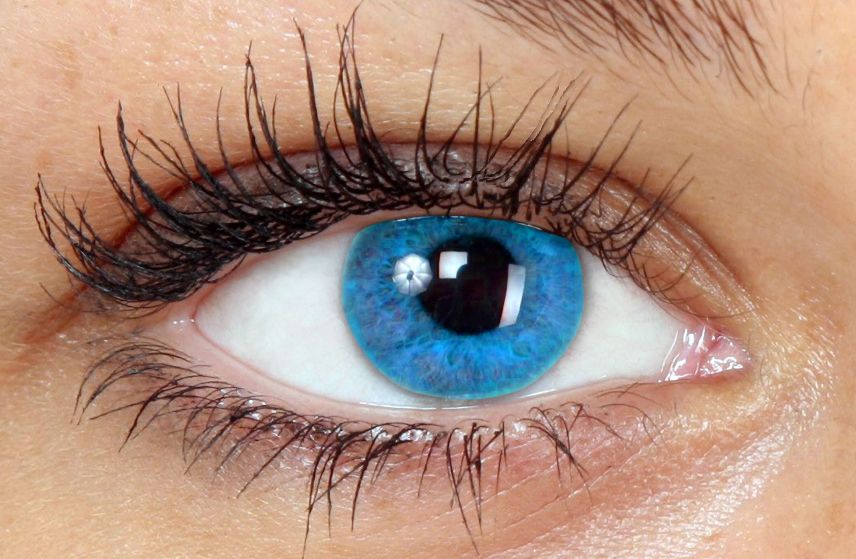When you visit an eye clinic in St Paul MN to have your eyes checked, your doctor will likely look to see if you have any early signs of macular degeneration. Macular degeneration remains the leading cause of major vision loss in individuals 60 years of age and older. The macula or small central part of your retina begins to deteriorate with this condition, leading to visual disability. Macular degeneration comes in two forms and treatment can help slow the progression of the disease.
With wet macular degeneration, abnormal blood vessels begin to grow in the eye under the choroid. These vessels release fluid and blood into the retina, making straight lines appear wavy. Individuals with wet macular degeneration find they lose their central vision and develop blind spots. Over time, the vessels scar and central vision is permanently lost. With dry macular degeneration, yellow deposits build up in the macula, leading to a distortion or dimming of vision over time. In the early stages, blind spots develop in the center of your vision and, with time, central vision may be lost completely. Severe vision loss is more commonly seen in the wet condition.
Heredity plays a role in the development of macular degeneration, as does obesity, high cholesterol, high blood pressure, smoking, and being of the female sex. Vitamins, medications, laser therapy, and vision aids may all be used in the treatment of the disease and surgery is being tested to see if it will be of help for those suffering from this type of vision loss. The sooner the disease is caught, the easier it is for the doctor to develop a treatment plan.
As you go to choose an Eye Clinic in St Paul MN, look for one that offers advanced eyecare technology in the diagnosis and treatment of diseases and disorders of the eye. The macuscope is a tools which measures macular pigment optical density, allowing the doctor to determine a person’s risk of developing this condition. Another tool used for the diagnosis of macular degeneration is the optomap laser retinal scan. This tool delivers a panoramic, 200 degree, digital picture of your retina, and doctors use it to diagnose not only macular degeneration, but other diseases of the retina, such as hypertensive retinopathy. Ask your doctor what tools he or she uses to diagnose problems, as you want only the best to protect your sight.


